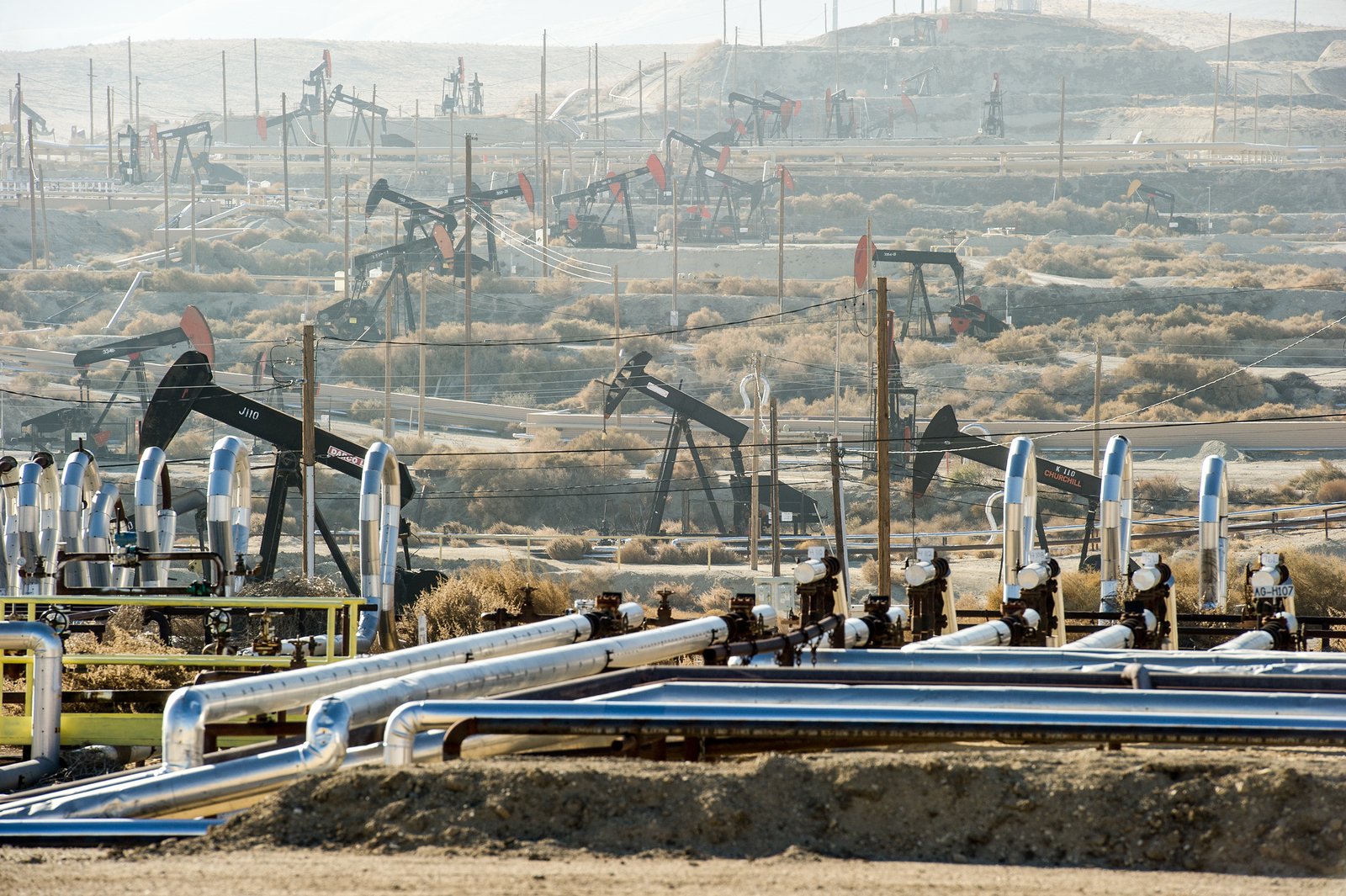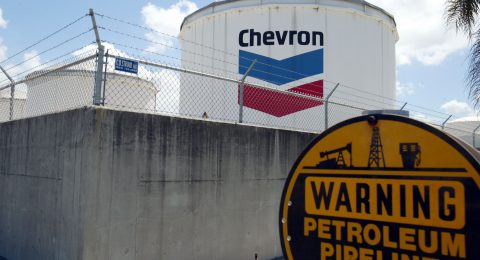American oil drillers, battered and bruised by the steep drop in crude prices, are descending on Houston this week to plan their survival.
Thousands of industry executives gather in Texas every year for IHS CERAWeek, but this spring’s confab has a decidedly different tone. The frenzied rush of the oil boom has given way to pensive ruminations about U.S. energy companies being victims of their own success.
First, American wildcatters fracked their way to massive profits; then they got so good at squeezing oil from the ground they created a glut of crude that sent oil prices tumbling. While consumers enjoy lower fuel prices, energy companies around the world are wondering what U.S. oil producers’ next move will be.
“All eyes are on North America,” said Daniel Yergin, vice chairman of energy research at IHS, who will moderate five days of sessions on oil, gas, power and politics.
It isn’t just languishing energy prices that weigh heavily on the sector.
The entire energy picture is changing, as China’s economic growth engine sputters and Saudi Arabia abandons its traditional role as the world’s swing producer of oil.
Too much supply and not enough demand has unbalanced the market, sending crude prices plunging from more than $100 a barrel last summer to around $55 a barrel today. It’s a sharp reversal of fortune that Mr. Yergin said begs for some industrywide recalibration.
“This is a turning point for markets and for strategies,” he said.
In a dramatic shift from prior years’ conferences, which mostly featured international oil company CEOs and foreign energy ministers, this year’s line-up is loaded with Americans. Executives from the biggest shale oil producers, including Continental Resources Inc., Pioneer Natural Resources Co. and ConocoPhillips, are scheduled to speak. These companies, which spent the last five years drilling as fast as they could, are now slashing budgets, laying off workers and downsizing their drilling plans.
ConocoPhillips will spend 33% less this year on its capital budget than it did last year, but the company is still doubling down on drilling new shale wells between now and 2017. Chief Executive Ryan Lance, who will help kick off the conference Monday, has said that fracking in the U.S. remains the most profitable investment his company can make.
Conoco is trying to sell off many of its older, conventional oil and gas wells around the country so it can focus more exclusively on new shale drilling. During a recent presentation to investors, an analyst asked Mr. Lance whether he’s considered selling the entire company. Mr. Lance’s reaction: “No, not even no, but hell no.”
A better way for American energy producers to weather the downturn would be selling their crude to foreign buyers, he said. But since the 1970s the U.S. has limited access to overseas markets, banning the sale of oil pumped in the U.S. except for a few limited circumstances.
Mr. Lance, who will speak on a panel about the future of U.S. energy policy, has been making the rounds in Washington, D.C. He has asked Congress to lift the oil export ban so U.S. energy companies can keep pumping.
It’s a sentiment echoed by Harold Hamm, who runs Continental Resources, one of the biggest drillers in North Dakota’s Bakken shale.
The piecemeal approach the U.S. government has taken—approving some oil sales to Canada and rolling back export restrictions on a certain type of ultralight oil—doesn’t go far enough, Mr. Hamm told the Wall Street Journal in an interview earlier this month.
Because American crude can’t be exported, oil pumped in the U.S. often sells for much cheaper than crude pumped in other parts of the world such as the North Sea and Saudi Arabia. U.S. oil prices have ranged from $5 a barrel to $15 a barrel less than foreign crude prices in the last two years. That discount on U.S. crude oil could be the factor that makes or breaks some American oil companies during this downturn, Mr. Hamm said.
“That last $10 a barrel that we are giving up in discount probably means the difference of making it or not for a lot of smaller players,” he said.
Source: The Wall Street Journal












